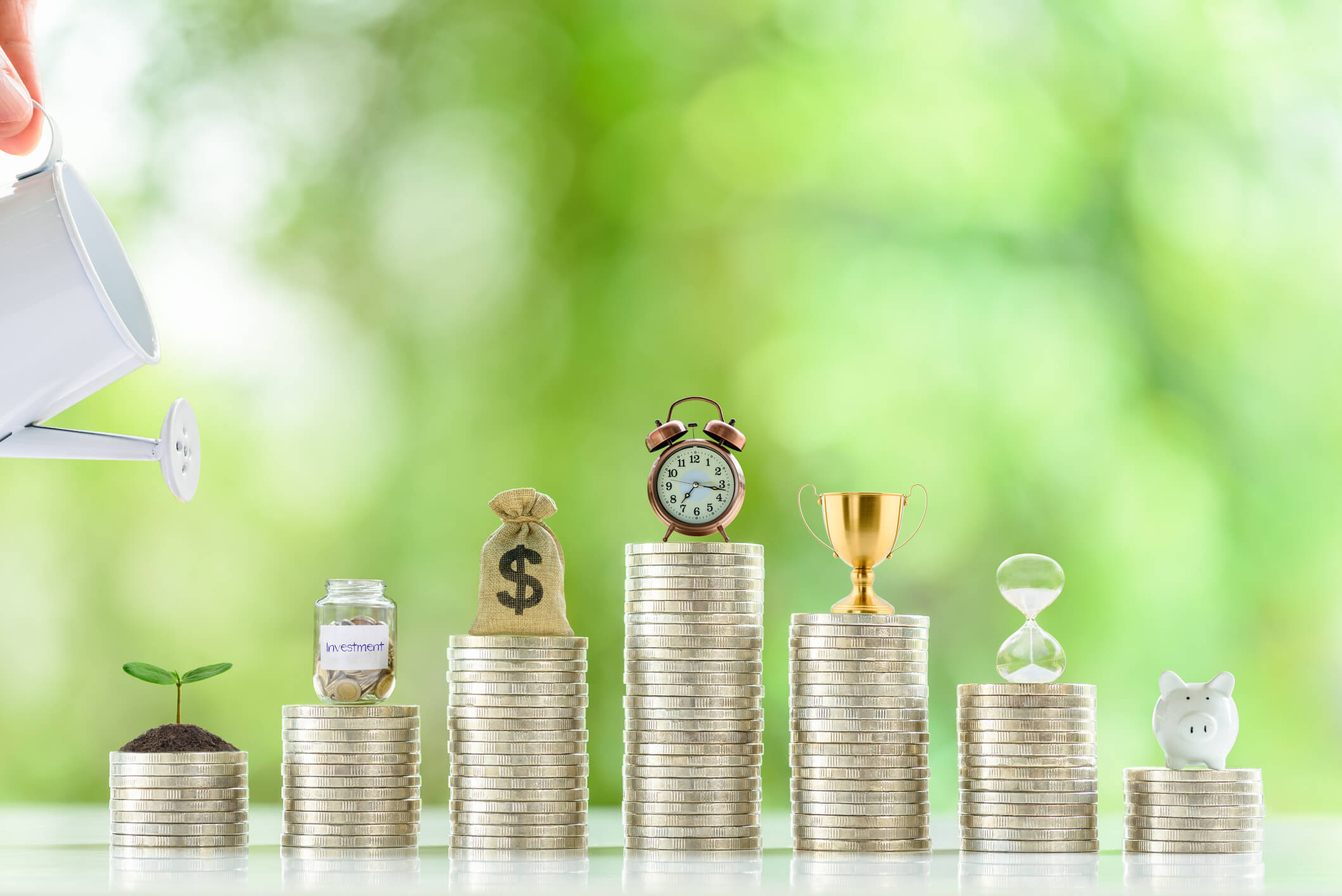We know money can’t buy (real) love. And we’ve all seen that it can’t buy class. But can it buy happiness? For centuries, people have pondered the relationship between wealth and well-being, with some believing that true happiness comes from within and others thinking that a little financial security can make all the difference.
But what does psychology say about it? Let’s check out the science of spending and whether money can, in fact, buy happiness.
The happiness paradox: money and emotional well-being
At first glance, the connection between money and happiness seems obvious. After all, money lets us meet our basic needs—like food, shelter, and security—and affords us comforts that can make everything more enjoyable. Studies show that financial stability does correlate with more happiness—to a point. But here’s where it gets tricky: research also shows that beyond a certain threshold, the link between income and happiness weakens a lot.
A famous study by Nobel laureates Daniel Kahneman and Angus Deaton in 2010 found that happiness increases with income up to around $75,000 per year (this amount will definitely vary depending on where you live). After that, higher income doesn’t seem to bring more day-to-day happiness, even though it may improve overall satisfaction with your life. Why? Because once we reach a level where our basic needs and some desires are met, more money doesn’t necessarily translate into a lot more fulfillment.
So where does happiness come from?
While money can mean less stress and more opportunities, according to psychology, happiness comes from not just having money but how we spend it. The way we allocate our financial resources can have a big effect on our emotional well-being. Here’s a closer look at the psychology of spending and how different spending habits can affect our happiness.
1. Experiences over things
One of the most consistent themes in the psychology of spending is that people get more lasting happiness from experiences than material possessions. Why? Experiences—like travel, concerts, or even a night out with friends—provide social connections, personal growth, and meaningful memories. Unlike material objects that tend to lose their novelty over time, experiences contribute to our sense of self and are often shared with others, which strengthens relationships.
The science behind it: A 2014 study by psychologists Thomas Gilovich and Amit Kumar found that experiences make us happier because we’re less likely to compare an experience—like a weekend getaway—to someone else’s than you are to compare your phone or car to theirs. Plus, the joy of an experience usually begins before it even happens—anticipation itself can be a major source of happiness.
2. The power of giving
Another way money can buy happiness is by spending it on others. Research shows that generosity makes us feel good. Whether it’s donating to charity, buying a gift for a loved one, or helping someone in need, giving to others creates a sense of purpose, social connection, and emotional satisfaction.
The science behind it: A study by Elizabeth Dunn and colleagues found that people who spent money on others reported greater happiness than those who spent it on themselves. Giving activates the brain’s reward center, producing a “helper’s high,” and fostering feelings of empathy, trust, and social bonding. In essence, money used to promote kindness and community ties delivers emotional dividends far beyond the financial cost.
3. Buying time
In a world where we’re constantly juggling responsibilities, many of us feel time-poor. Interestingly, one of the best ways money can increase happiness is by buying more time. People who use their money to outsource tasks they dislike—like cleaning, shopping, or commuting—are often happier because they free up time to engage in activities they do enjoy.
The science behind it: A 2017 study by Ashley Whillans and colleagues showed that people who spent money to buy time (like paying for a cleaner or ordering takeout) reported greater life satisfaction than those who spent money on material goods. The key here is using money to create time for leisure, relaxation, or meaningful pursuits—things that are consistently linked to well-being.
4. Mindful spending
Happiness is also linked to how mindful we are in our spending habits. Impulsive purchases and retail therapy might make you happy for a short time, but they rarely lead to long-term happiness. In fact, excessive spending can lead to buyer’s remorse, financial stress, and even a cycle of addiction to shopping. Spending on what truly brings us joy, aligns with our values, and contributes to long-term goals—tends to result in greater contentment.
The science behind it: According to behavioral economists, our brains tend to overvalue the pleasure of immediate gratification and undervalue future satisfaction. However, people who adopt a more mindful approach to spending—delaying purchases, evaluating needs versus wants, and considering future outcomes—are better able to manage their finances and experience more sustained happiness.
The dark side: when money becomes a trap
While money can buy happiness in some cases, there’s also a darker side to the pursuit of wealth. The constant desire for more—more income, more status, more stuff—can become a trap.
Additionally, materialism—placing a high value on things—is strongly linked to lower levels of life satisfaction and well-being. People who measure their success by financial gain or their self-worth on what they own are often more anxious, lonely, and unsatisfied.
Conclusion: it’s not about the money—it’s about the meaning
So, can money buy happiness? The answer is nuanced. While money can certainly help eliminate stress and provide comfort, it’s not a direct ticket to happiness. The true secret lies in how we use our money. Spending on experiences, giving to others, buying time, and practicing mindful spending can increase our sense of joy and fulfillment. On the other hand, the relentless pursuit of wealth or material possessions often leads to diminishing returns.
In the end, money is just a tool—it’s how we wield it that makes all the difference. Happiness comes not from the currency itself, but from the choices we make with it.



